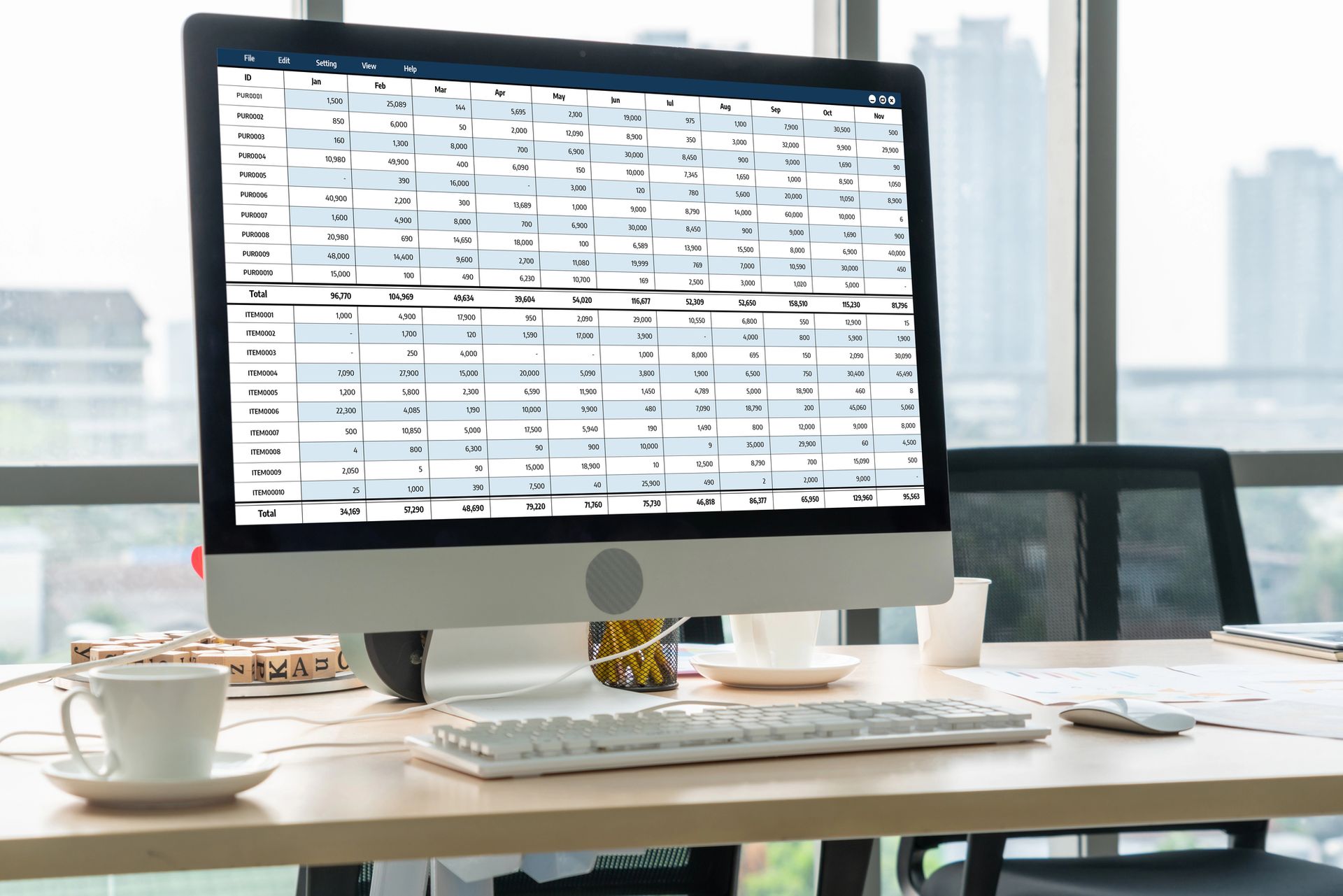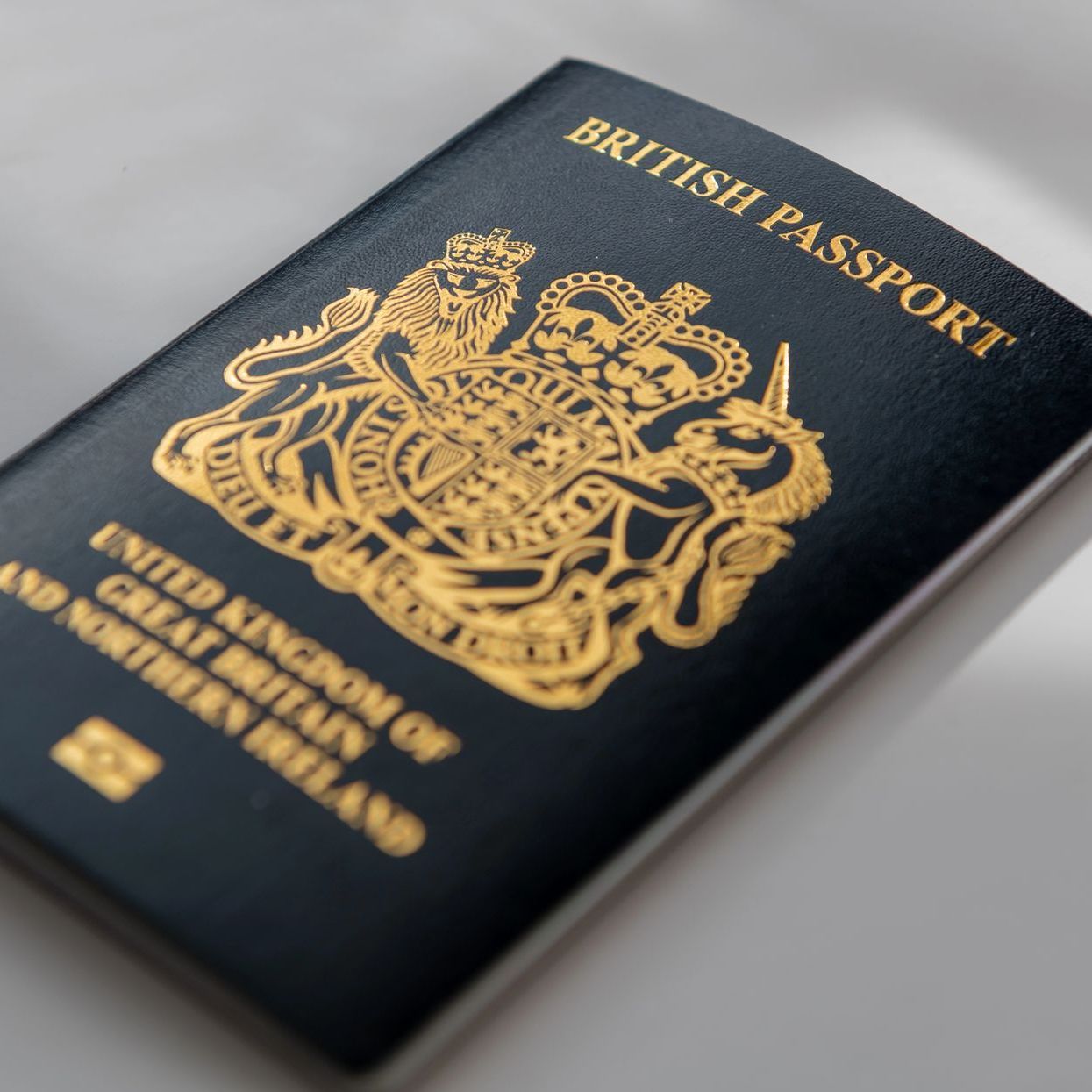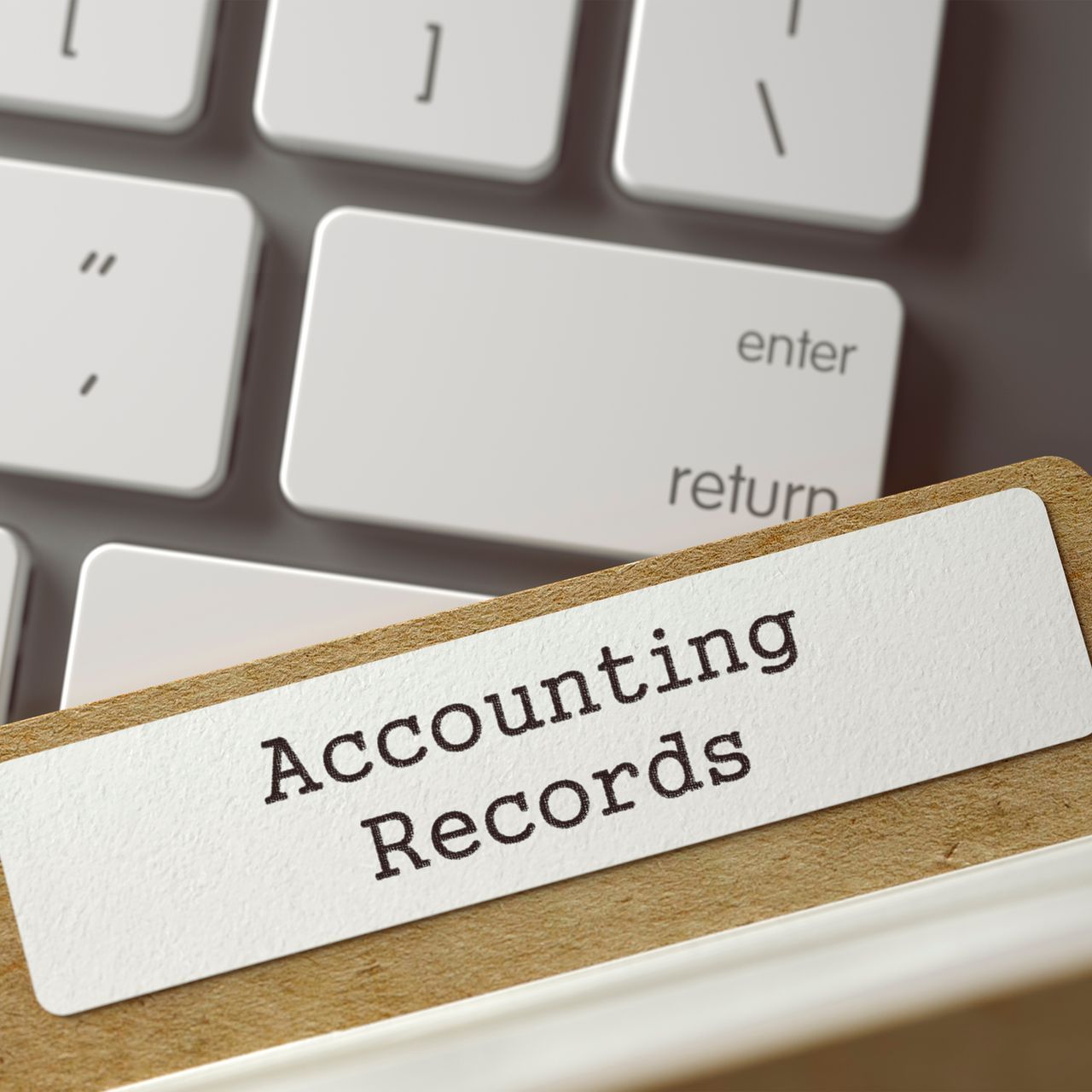Do my training costs reduce my taxable income?
This week I have been working on producing tax returns for two new clients that have both retrained before starting their businesses during the 2018/19 tax year. As sole traders, the general rules for whether an expense is an allowable deduction in your account or not is whether it is wholly and exclusively for the purpose of the trade and whether it is a capital or revenue expense. So, can we can claim a deduction for the costs or their training? Regulars to my blog will be unsurprised to find that the answer depends on the training that you are embarking on.
Wholly and exclusively for the business
It is usually fairly clear whether the initial training is wholly and exclusively for your business. As an example, my CA qualification from ICAS is directly related to the work I perform for my clients and would be considered wholly and exclusively for the trade that I undertake. If, however I was a running a taxi driving service, my CA qualification would not be wholly and exclusively for the trade and therefore the expenses related to my CA qualification would not be allowable.
Capital or revenue cost
When considering whether training costs for proprietors (sole traders or individual partners in a partnership) are designated as capital or revenue, there are two different scenarios we need to consider.
- Training where the proprietor is learning new knowledge
- Training where the proprietor is improving on existing knowledge
Expenses are considered capital expenses where they create an enduring asset for use in the business. New training for the proprietor of the business (and remember as a sole trader you are your business) is seen by HMRC as adding an asset to your business. This is especially true where you gain a recognised qualification, graduating from the course with proof of your competency in your field. Once it is established that this new knowledge is capital in nature, then it cannot be deducted as an expense in your tax return.Unfortunately, this means for my two clients that their initial training expenses won’t be an allowable deduction in their tax returns.
It is certainly more difficult to decide whether training costs are revenue or capital where there isn’t a formal qualification at the end. The proprietor may have some existing knowledge from their experience in running their business or from other sources which may mean that you can argue that the training costs are revenue rather than capital.
Once you have generated your initial knowledge, it is often the case that your qualification needs to be maintained through regular training courses aimed at keeping your existing training up to date. In this case, the expense is not seen as a capital expense as the learning is viewed as a cost of maintaining the original qualification. Therefore, the expense is fully deductible in your accounts and tax return.
HMRC provide information regarding allowable business expenses for sole traders here.
The position is different for employees
It’s worth noting that if you operate your business as a company or you are a sole trader investing in the training of employees, all training costs in line with the trade of the business are deductible as an expense. In the case of an employee receiving work-related training (including an employee of a sole trader as opposed to the proprietor), the cost of such training is specifically an allowable expense under income tax law.











